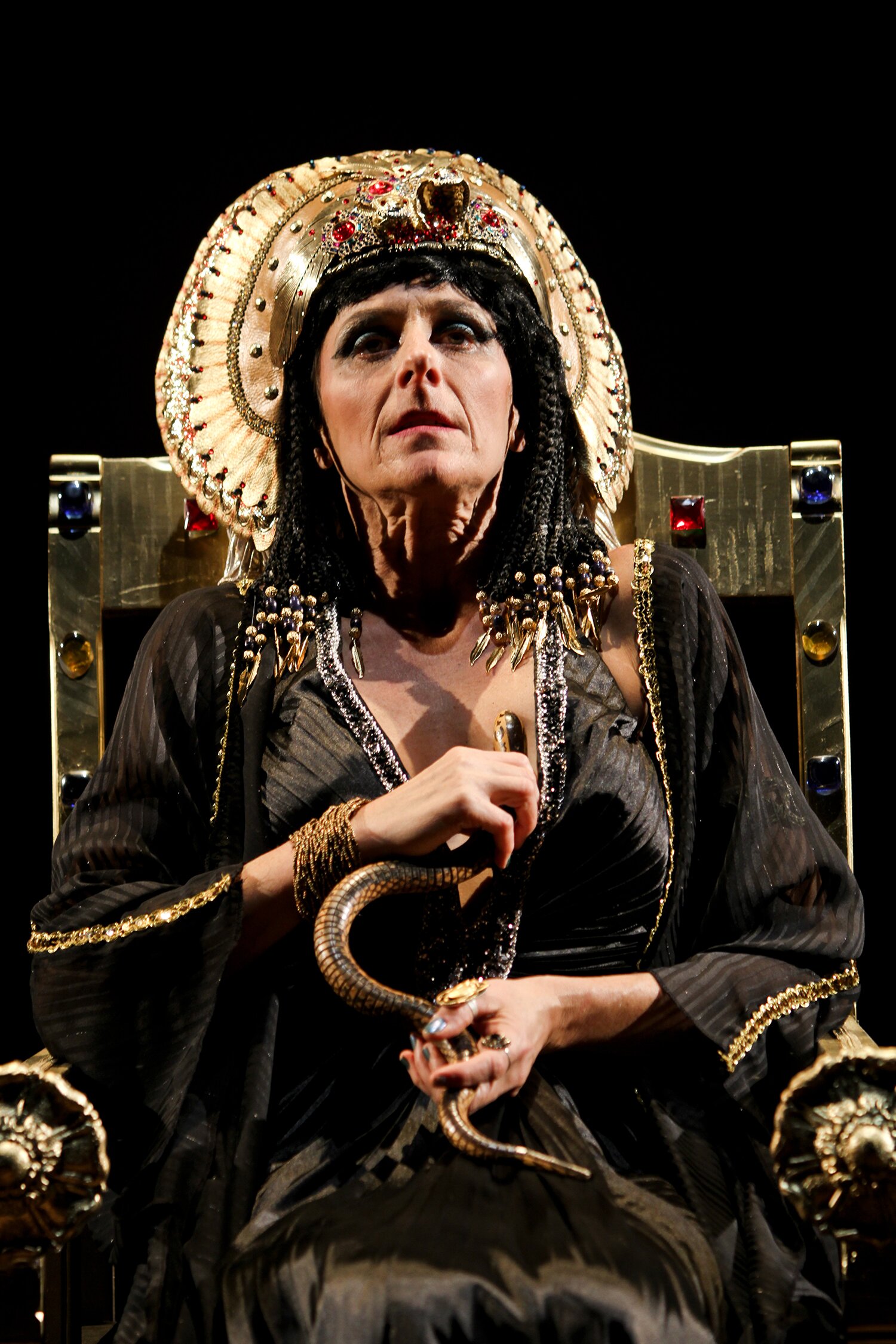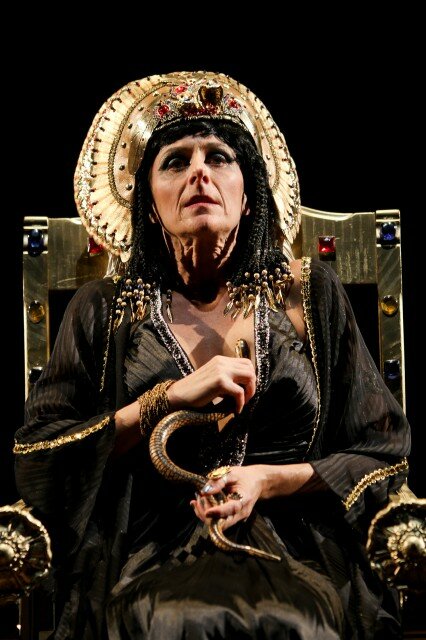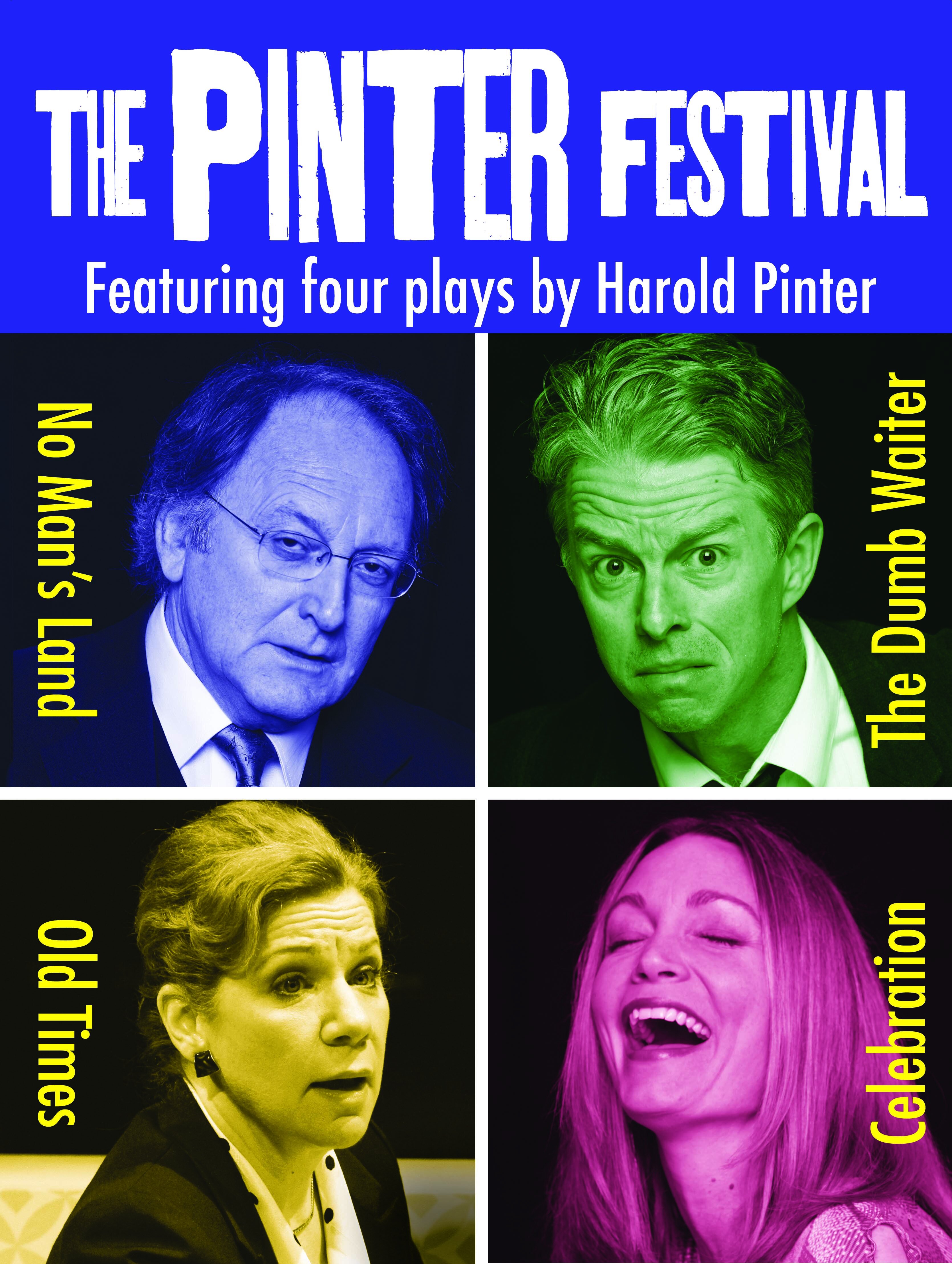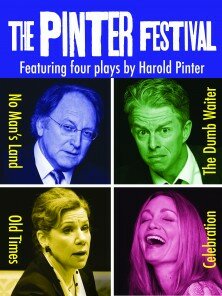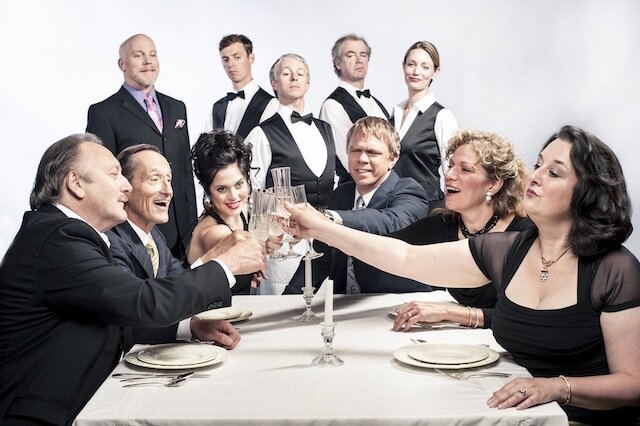Do you remember that strange play you did in high school, the one that seemed oddly simple? It had almost no set and some of the characters seemed to know they were in a play. Maybe it felt kind of hokey. A boy and a girl met, fell in love, got married and then she died, and there was this stage manager who kept talking to the audience. That play was Thornton Wilder’s Our Town and it’s worth recalling before heading off to ACT’s production of Middletown by Will Eno (through September 29).
This is not to say that familiarity with Our Town is necessary. One can go to Middletown without having seen any play before. As with Wilder’s, this town is simple and straightforward, and a couple of the characters do speak directly to the audience. Likewise, this Middletown is about the wonder and beauty of simply being alive, but in the post-Beckett world of Will Eno, language unravels and human connection is as uncertain as it is precious.
Fate and time ultimately undo Wilder’s happy world of Grover’s Corners, but even before death enters the play, darkness lurks in the presence of the alcoholic choir director, Simon Stimson. This character looms large in Middletown not only in the person of a mechanic (Ray Tagavilla) with addiction problems, but even in the lovers who keep us hopeful and engaged with the story. Middletown is a hollow place where despair and brutality lie just beneath the surface. Nonetheless, most of its residents seem as happy as those of Grover’s Corners. This disconnection is integral to the dry humor that keeps the audience laughing when it isn’t on the verge of tears.
Eno updates Wilder’s stage manager with an opening monologue by a public speaker (R. Hamilton Wright). Where many plays begin with a plea for donations before the show, this public speaker gathers our attention to no end; he just goes on gathering. Every time he approaches a conclusion, he subverts it. This is par for the course in the land of Will Eno.
The story of Middletown is one of life: birth, death and the struggle in between. The actions, the language and even voices seem to lead nowhere, constantly circling back on themselves or coming up short in a dead end. Jennifer Zeyl’s set also suggests a cul-de-sac as created by a preschooler, in spare lines and primary colors. A vent on each of the two houses stands out as a remarkable detail that keeps the set in the real world, but everything else has the feel of plastic. It’s a world in which Gumby would feel at home.
Nonetheless, we get swept up in this world and a central romance between a man and a woman who combine the shy innocence of Wilder’s lovers with Simon Stimson’s pain and loneliness. John (Eric Riedmann) is in between jobs he hates. His new next-door neighbor, Mary (Alexandra Tavares), is pregnant, after more than a year of trying, and largely alone while her husband travels for work.
Their story gets broken up by interludes between the townsfolk. Most prominent among these are the Mechanic, The Cop (Matthew Floyd Miller), and The Librarian (Marianne Owen). More fleeting figures comment on the play and the themes of the beauty and futility of life. Some of these monologues drag, but they give way in the second half to the heightened circumstances of the hospital.
85 years after Our Town, the hospital is where we conduct our essential dramas of birth and death. Mary goes there to give birth alone, and John is taken there after an attempted suicide. In between the acts is a pre-intermission meta-theatrical scene in which an audience of Middletowners attending the play responds to it during intermission.
ACT’s production is excellent. The acting sometimes gets mired in the thicket of Eno’s language, losing the audience’s attention, but this show does more in its first five minutes than most do in two hours. The cast is flawless, often making surprising verbal choices and strong physical ones. Riedmann conveys John’s insecurity with elbows invariably tucked into his stomach. Renata Friedman brings a thrusting angularity to characters at either end of the autism spectrum. Aaron Blakely’s astronaut goofily tells us he’s in outer space rather than being in outer space.
Design is excellent, from the innocuous pop guitar (a la Grey’s Anatomy) that would grate in any other circumstances to the cop’s mustache. Even the timing of the initial house light fade helped tie together an evening that is as heartbreaking as it is hilarious.
